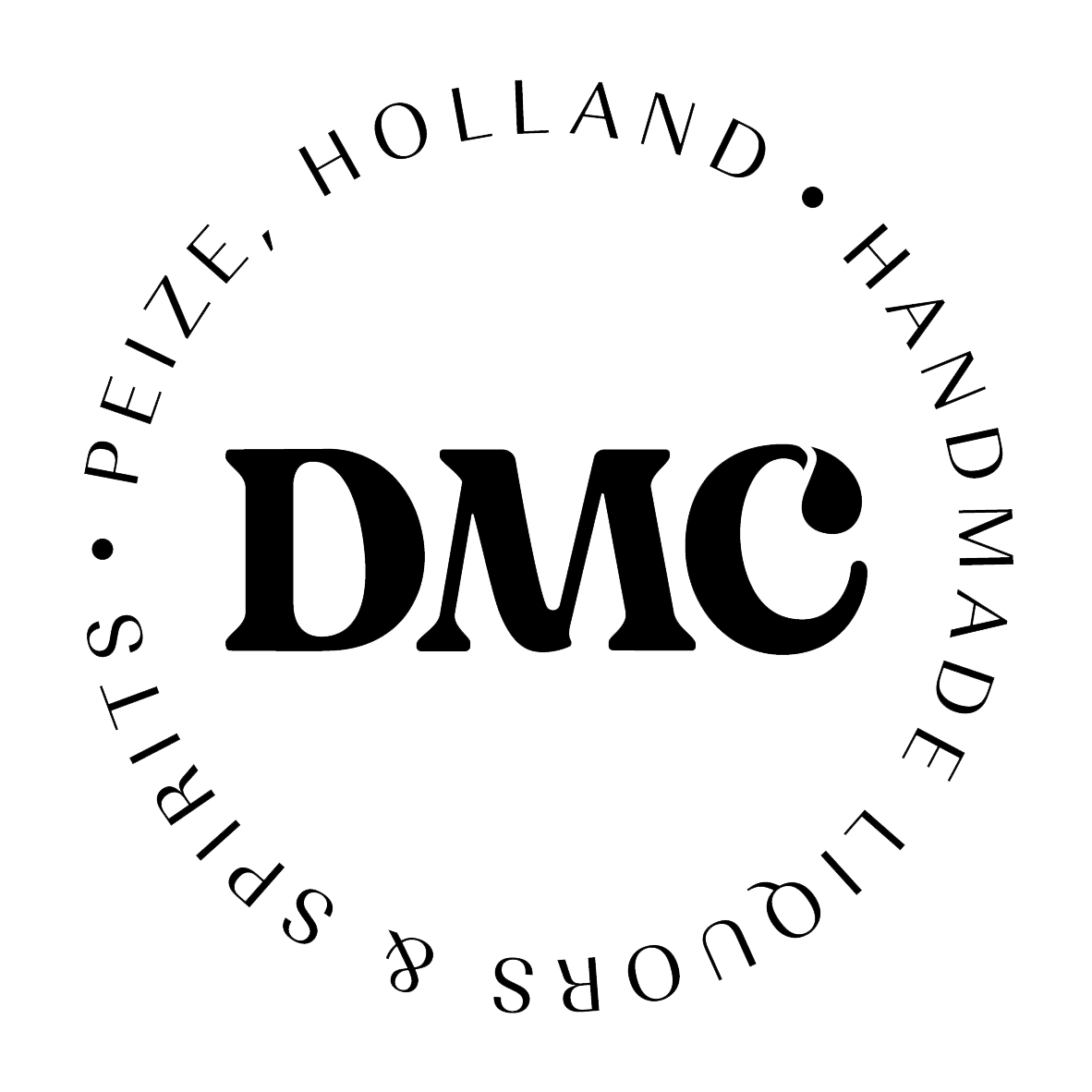An accountant can also ensure greater accuracy and may be more knowledgeable about the tax code and reporting requirements. There are numerous software options for small businesses, with QuickBooks and FreshBooks being two of the most popular. When deciding which software program to use for accounting, it helps to first consider what your business needs. You can then compare different programs to evaluate the range of features and benefits that are included, and the overall cost of using it. Using spreadsheet software is the cheapest accounting option (especially if you use a completely free software, like Google Sheets).
Open a Business Bank Account
It can be a good idea to use a business credit card, but don’t rely on it to make overdue payments or fund big purchases. Consulting part-time with a small-business bookkeeper or accountant can work nicely for newer, smaller businesses. But once your business is big enough that you can’t (or simply don’t want to) wrangle finances by yourself, it’s probably time to get a bookkeeper or CPA on your payroll. The first step of the accounting process involves the preparation of source documents. A source document or business document serves as the foundation for recording a transaction.
Tax Accounting
Besides, this frees up time so you can focus on running your business smoothly. Check out our recent piece on the best accounting software for small businesses. Accounting is the process of keeping track of all financial transactions within a business, such as any money coming working capital in and money going out. It’s not only important for businesses in terms of record keeping and general business management, but also for legal reasons and tax purposes. Though many businesses leave their accounting to the pros, it’s wise to understand the basics of accounting if you’re running a business.
What Is Accounting? The Basics Of Accounting
This means that you don’t record an invoice until it is actually paid. Similarly, you don’t notate outstanding bills until you actually pay them. This method offers a true snapshot of your assets and debts at any given time. If not done at what is fcf how do you calculate it the time of the transaction, the bookkeeper will create and send invoices for funds that need to be collected by the company.
Accounting vs. bookkeeping
A good small business accounting quiz and worksheet journal entries and trial balance in accounting system can also enable you to keep your business running efficiently and profitably. This ensures that you have the correct amounts when you’re ready to deduct business expenses on your annual tax return. Once you’ve settled on an accounting method, it’s time to set up your books. Here are the main questions to ask that can guide you toward creating the best bookkeeping records for your small business. As a small business owner, you have the option of hiring an accountant, recording transactions by hand or using an accounting software to record your business transactions.
- For example, you may have estimated certain invoices that are later solidified with an actual number.
- When you start a business, open a separate business bank account that will keep your business finances separate from your personal ones.
- As your business grows, you may find that finances are becoming more complex, while at the same time, you need to devote more time to the core activities in your business.
- You may also need a minimum opening deposit if the bank requires one.
- Gross margin is the difference between the selling price of your product or service and the cost of goods sold.
This is a necessary chore that helps small business owners track and manage their money effectively – especially during the early stages. Besides keeping you cognizant about your business’ past and present performance, small business accounting also helps in generating invoices and completing payroll. Accounting for small businesses is done by keeping a complete record of all the income and expenses and accurately extracting financial information from business transactions. This focuses on the use and interpretation of financial information to make sound business decisions. It’s similar to financial accounting, but this time, it’s reserved for internal use, and financial statements are made more frequently to evaluate and interpret financial performance.
With this support, you can understand your business’s financial health at a glance and focus your energy other tasks. Another way accounting and bookkeeping differ is that accounting is a broader field that covers a more comprehensive range of topics. As an accountant, you may be responsible for tax planning, financial statement preparation, and auditing. On the other hand, bookkeepers are typically only responsible for recording transactions and keeping track of financial data. Most of these applications cover the basics of accounting from invoicing, payments and payroll. The software can assist you in keeping accurate records and create basic financial statements.



